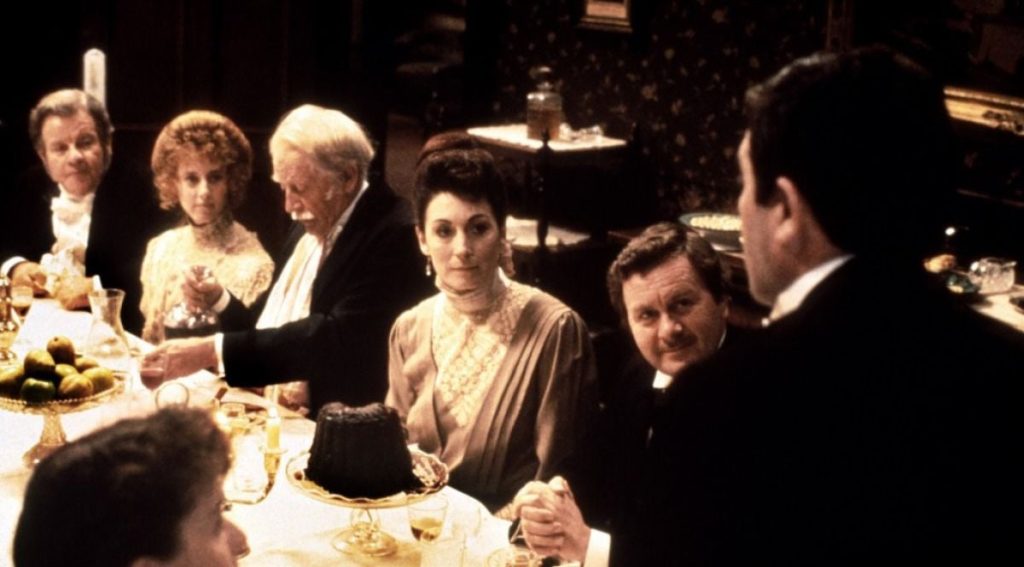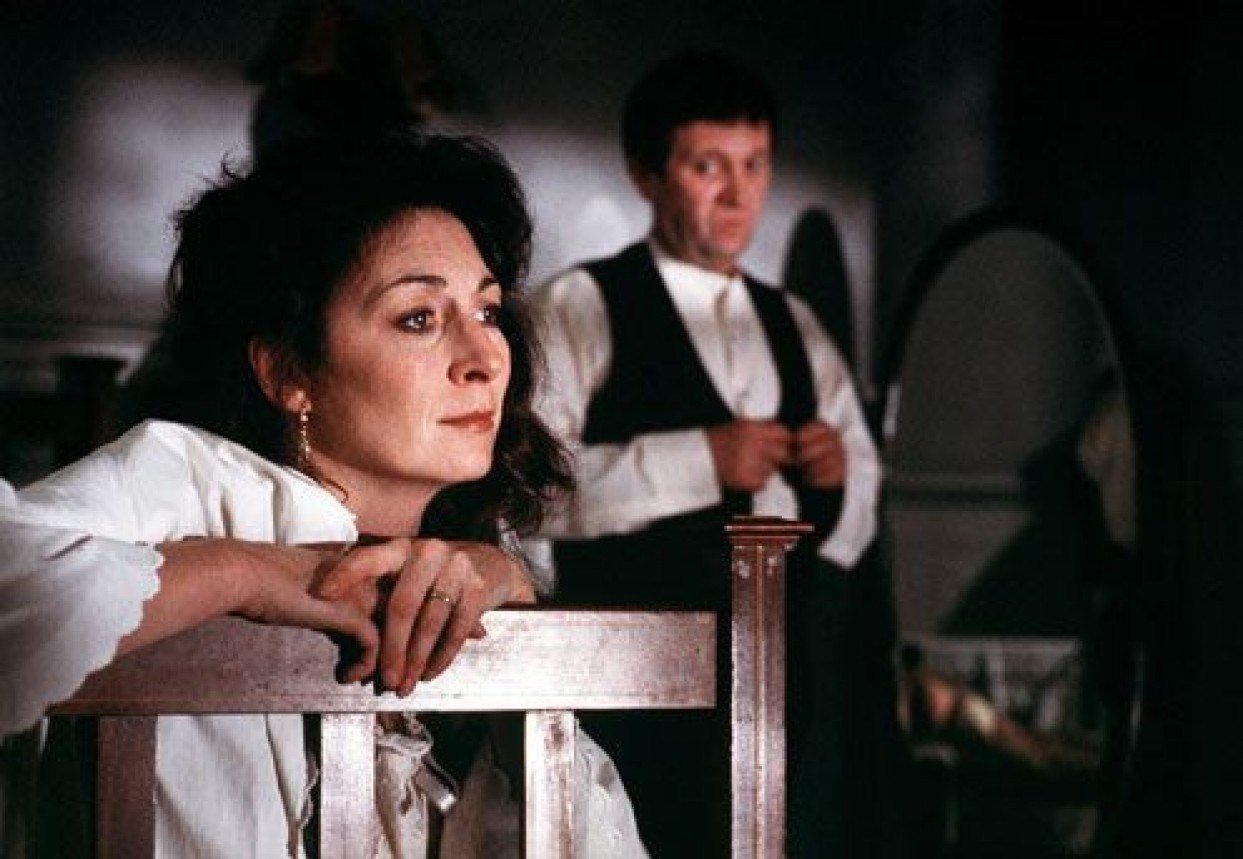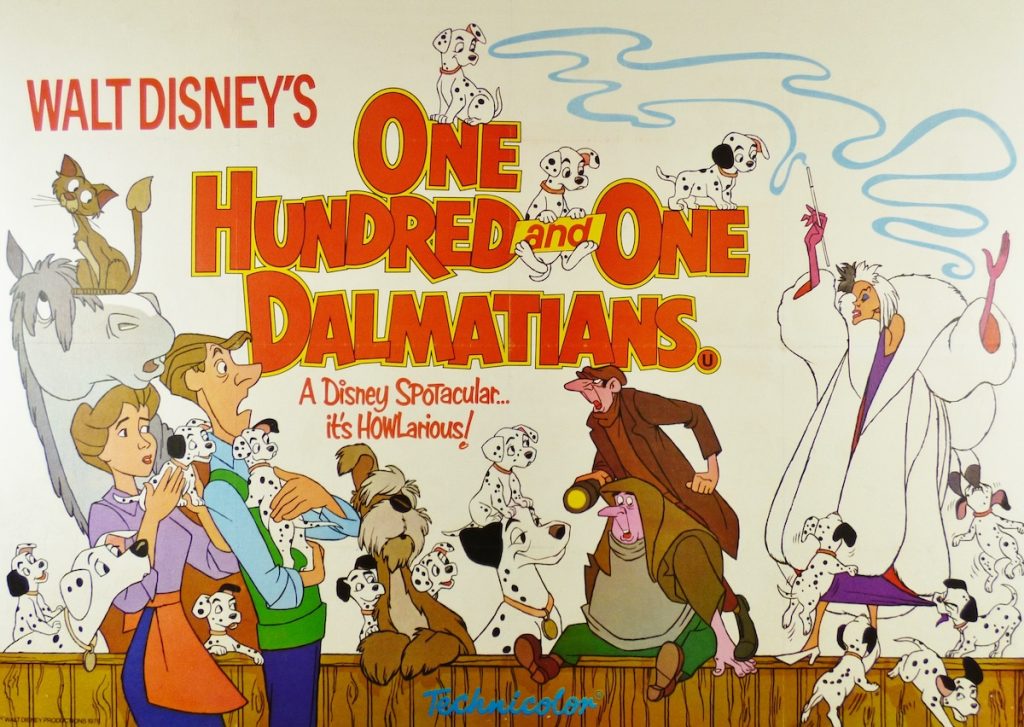In an industry dominated by dynasties, the various generations of the Huston family have left some of the most indelible marks on Hollywood history. Director John Huston spent well over 50 years helming a wild variety of ambitious projects, adapting some of the trickiest novels in the canon: Melville, O’Connor, Kipling, McCullers, Chandler, even the Old Testament. Often, his family were by his side, from his father Walter giving an Oscar-winning performance in The Treasure of the Sierra Madre to his son Danny working as his assistant on Under the Volcano. For his final film, Huston brought to life another supposedly unadaptable writer and made his family a crucial part of the process. The end result is one of his best films and an emotional love letter to his celebrated daughter, Anjelica.
James Joyce’s The Dead, familiar to every former English literature student, is a short story that deals with family, loss, and the very nature of Irishness. Typically Joycean, it’s a work more intrigued with voice and emotional resonance than plot, although it’s far easier to read than, say, Ulysses. It’s easy to see Huston’s attachment to the material, as a proud Irish-American who was heavily involved with the country’s film industry. His adaptation would feature a cast made up almost exclusively of beloved Irish character actors, with immense fealty to the story. It was a family affair: Tony Huston wrote the script, Anjelica played the main female role, and Danny assisted his father behind the camera.
For John, it was a battle against time itself. He directed the film while on the verge of death: using a wheelchair, hooked up to an oxygen machine, working mostly via monitors away from the set and speaking to the crew with a microphone. Anjelica noted in her memoir that working alongside her father as his weak health deteriorated left her devastated, both physically and emotionally. None of this agony is evident on the screen, with The Dead being an exquisitely simple tale told with the kind of elegance and intuition that served John Huston so well for half a century.

On a snowy night of December 1904, the Morkan sisters and their spinster niece throw a party for family and friends, old and new, over food and drink and seasonal joy. A friend arrives drunk and keeps saying the wrong things to his hosts. The sole Protestant at the party feuds with an Irish nationalist. The hostess sings. Culture is discussed over dinner. It all unfolds in real-time, the camera moving gracefully through the busy home like an invited guest soaking in the atmosphere. Gretta (Anjelica Huston) is the wife of the Morkans’ favorite nephew, Gabriel Conroy (Donal McCann), an intellect invited to give a rousing speech on Irish hospitality. For most of the film, Gretta is sidelined, the welcome guest who still seems like something of an outsider to a tight-knit clan (and Huston is remarkably generous to everyone in his sizeable ensemble.) It all changes in the closing 15 minutes of The Dead.
Anjelica may have won her Oscar for Prizzi’s Honor, but it’s here where she gives her greatest performance. When Gretta is stopped dead in her tracks as a familiar song plays, the film (and maybe even the world) stops to focus on her. Seldom has she seemed so luminous, caught in the exquisite agony of nostalgia for her lost love from her youth. She seems to be in a trance, divorced from the world and her husband as he watches her revelatory moment unfold. A single tear falls from her face, a moment that should seem trite yet feels so natural for Hustons in front of and behind the camera. Her most famous performances tend to be vampish, seductive, or sinister. In The Dead, Anjelica is tender, all too human, and centered as the beating heart of the entire tale. The final act is all about Gretta and her recount of her first love, a scene or pure poetry that captures the nuances of Joyce’s work better than any other adaptation. You listen to Huston’s wistful, regretful, and tear-inducing monologue and you can feel the guiding hand of a filmmaker and father who understands her talent more acutely than too many of her other directors.
The Dead is the sort of film that feels easy to dismiss, especially when compared to Huston’s most famous works. It’s quiet, uncomplicated, gentle in a way that contrasts sharply with the pitch-black cynicism of Wise Blood or The Maltese Falcon. Therein, however, is where its magic lies. Watching The Dead is to be a spectator to the mundane beauty of familial love, both on-screen and off. This is Huston at his humblest, befitting of a story so intensely concerned with normal people and their extraordinary emotions. Joyce finds Earth-shattering revelations in the smallest of moments, and Huston’s evoking of that power is as impactful as it is delicate. What better way to display one’s love than that?
“The Dead” is streaming on Kanopy, Tubi, and VUDU, and is available for digital rental or purchase from the usual folks.



